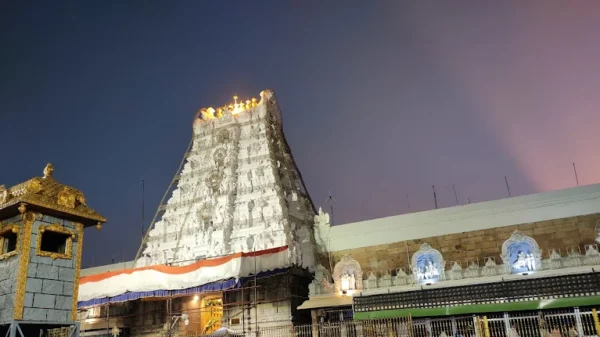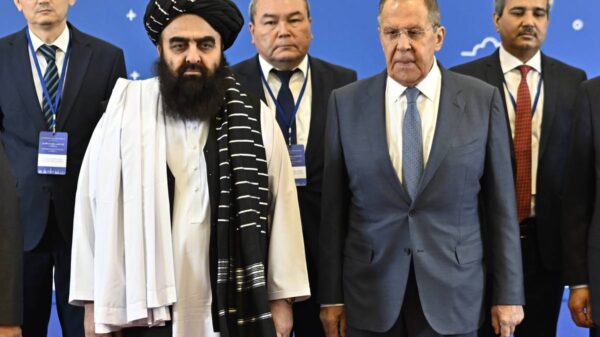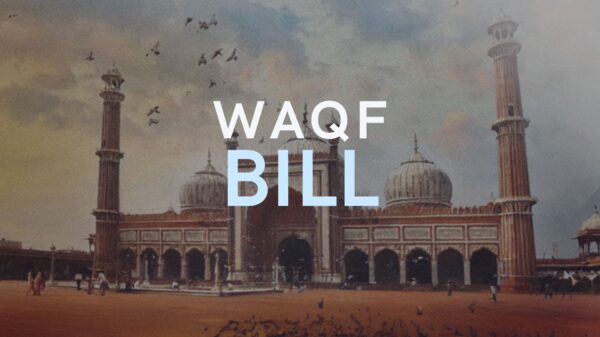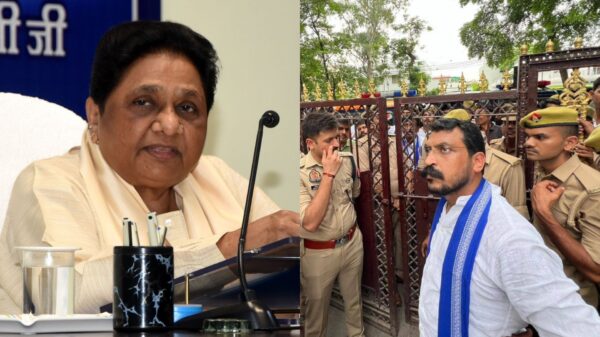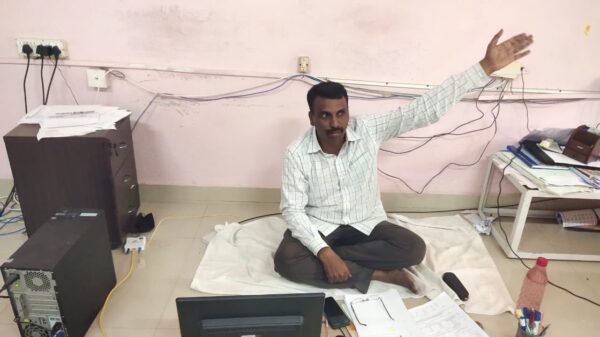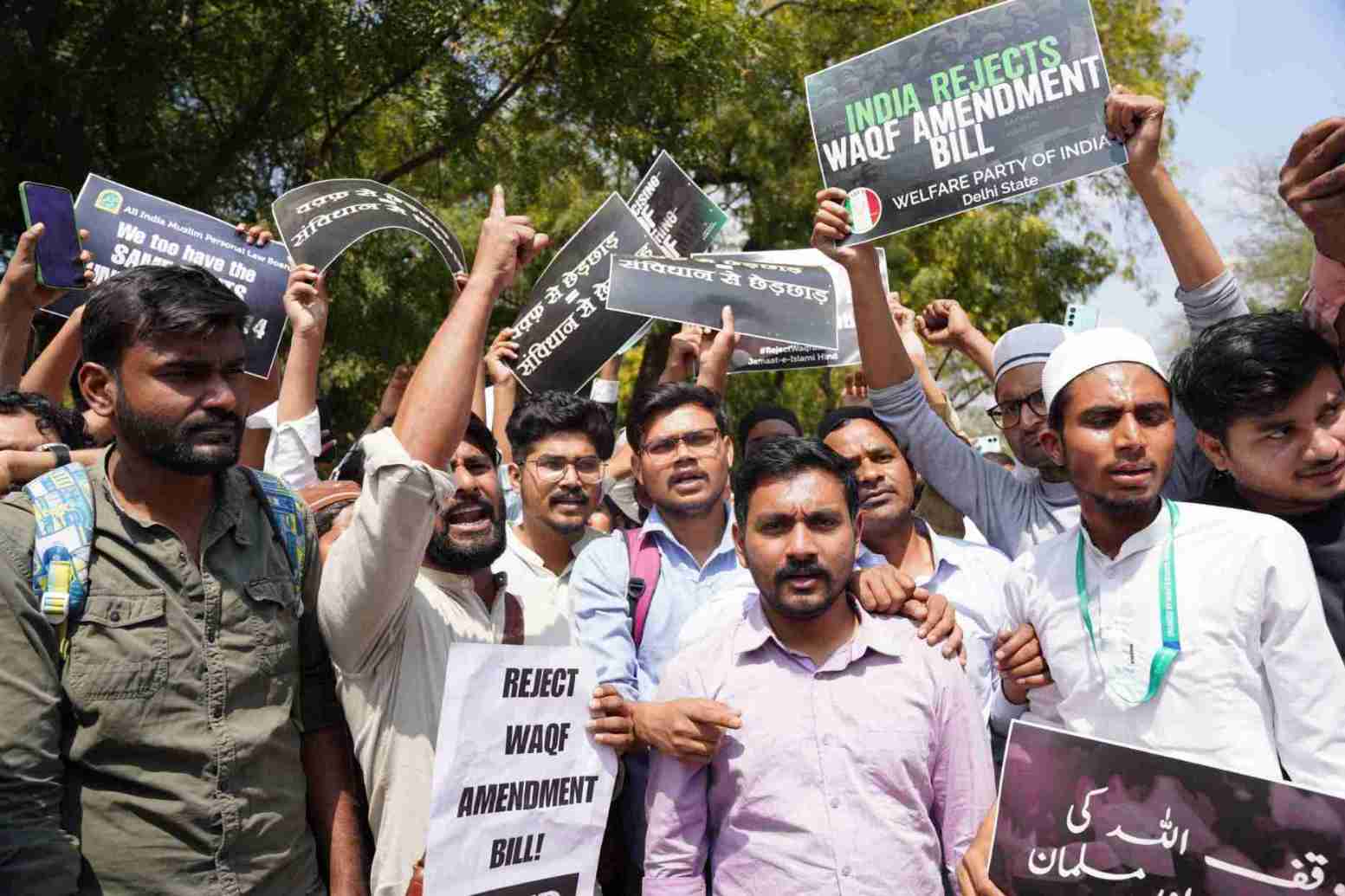A batch of petitions, including one by AIMIM leader Asaduddin Owaisi, is scheduled to be heard today by the Supreme Court, challenging the constitutional validity of the Waqf (Amendment) Act, 2025. A three-judge bench headed by Chief Justice Sanjiv Khanna will preside over the case.
Apart from Owaisi, other petitioners include AAP leader Amanatullah Khan, the Association for the Protection of Civil Rights, RJD MP Manoj Kumar Jha, Sunni scholar body Samastha Kerala Jamiathul Ulema, and the All India Muslim Personal Law Board (AIMPLB). Political parties such as the YSR Congress, CPI, DMK, and Indian Union Muslim League (IUML) have also opposed the law in court.
Why the Opposition?
Muslim leaders and organizations argue that the amendments violate their religious rights. According to SQR Ilyas, spokesperson for AIMPLB, the changes are “arbitrary, discriminatory, and exclusionary,” and appear to be aimed at wresting control of waqf properties from the Muslim community.
The petitioners argue the law infringes upon Articles 25 and 26 of the Constitution, which guarantee the right to practice and manage religious institutions. Critics say the amendments undermine the autonomy of Muslims to manage waqf — charitable endowments created for religious or philanthropic purposes.
Jamiat Ulama-i-Hind described the law as a “dangerous conspiracy” targeting Muslim religious freedom, calling it an attack on the constitutional promise of equality and freedom of faith. Similarly, Kerala-based Samastha Kerala Jamiathul Ulema said it represents a “blatant intrusion” into the community’s right to oversee its religious affairs.
Congress MP Mohammad Jawed’s petition argued that the law places arbitrary restrictions on waqf property management, while Amanatullah Khan pointed out that it violates not only religious freedoms but also rights to equality, culture, and property (under Articles 14, 15, 21, 25, 26, 29, 30, and 300-A).
IUML leader PK Kunhalikutty said they are confident that the Supreme Court will uphold constitutional values, with senior advocate Kapil Sibal representing their case.
Background on Waqf Law
Waqf is a centuries-old Islamic practice of dedicating property for religious or charitable use. In India, it has existed since the pre-colonial era. The current legal framework, based on the Waqf Act of 1955 (amended in 2013), outlines how waqf properties should be managed, with the help of state and central waqf boards.
The 2025 amendments — recently passed by Parliament — are seen by many Muslim organizations as a government move to centralize control over waqf assets, potentially sidelining traditional community-led management.









